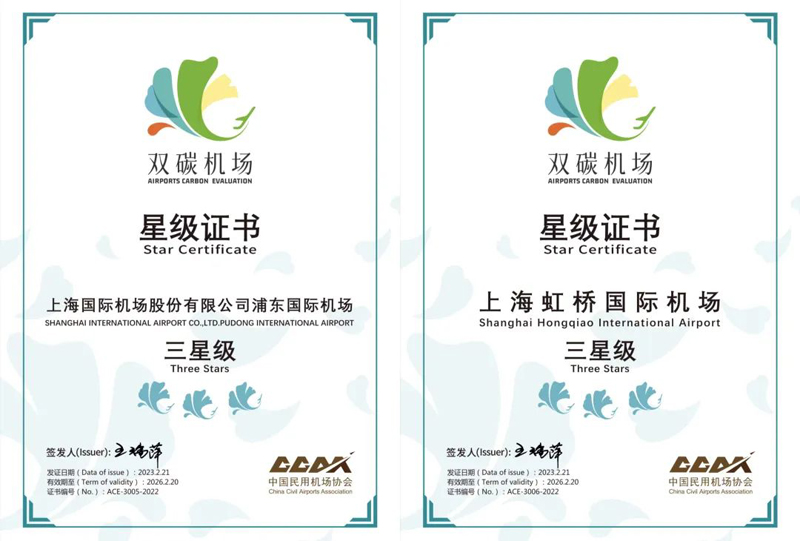Civil Aviation Administration of China: Power banks without 3C certification or recalled models banned on domestic flights
To ensure the safety of aviation operations, the Civil Aviation Administration of China has issued an urgent notice. Starting June 28, passengers are prohibited from carrying power banks that lack a 3C certification label, have unclear 3C labeling, or belong to recalled models or batches on domestic flights. (For details, please visit the official website of the State Administration for Market Regulation's Defective Product Recall Technical Center at www.samrdprc.org.cn/xfpzh/xfpgnzh)
Pudong Airport and Hongqiao Airport will enforce the requirements of this notice to ensure passenger safety. We kindly ask all passengers to comply with this notice by carefully checking the certification label, brand, and model of your power banks before traveling. Please do not bring non-compliant power banks on board. Remove your power bank before security checks to prevent travel delays.
Thank you for your understanding and cooperation.

Shanghai's Pudong and Hongqiao airports get the top rating in China's first carbon evaluation of airports. [Photo/WeChat account: gh_01c0f79320c5]
The first airports carbon evaluation results were recently released at the 4th China Airport Development Conference and Innovation Achievement Exhibition, held in the city of Xiamen in East China's Fujian province.
Eight airports, including Pudong and Hongqiao airports – under the administration of the Shanghai Airport Authority, or SAA – were awarded the highest three stars rating in the assessment.
In recent years, the SAA has adhered to an eco-friendly development path. In 2022, the SAA rolled out a dual-carbon development strategy, took the lead in completing dual-carbon system research in the civil aviation industry – and introduced goals, paths and tasks to achieve peak carbon and carbon neutrality at Shanghai's airports.
Hongqiao Airport, in particular, has built the first airport parking lot in China that provides charging services and dedicated queue channels for new energy taxis.
Pudong Airport, meanwhile, has installed a total of 1,584 charging piles. In terms of their energy supplies, the energy centers of the two airports have adopted water storage and cooling technologies.
This has significantly saved energy costs by preparing for nighttime electricity consumption and providing air conditioning cooling during the day in a staggered manner, helping to smooth the peaks and troughs of the city's power grid.
The carbon evaluation was approved by the Civil Aviation Administration of China and carried out by the China Civil Airports Association – examining the energy-saving and low-carbon levels of airports.